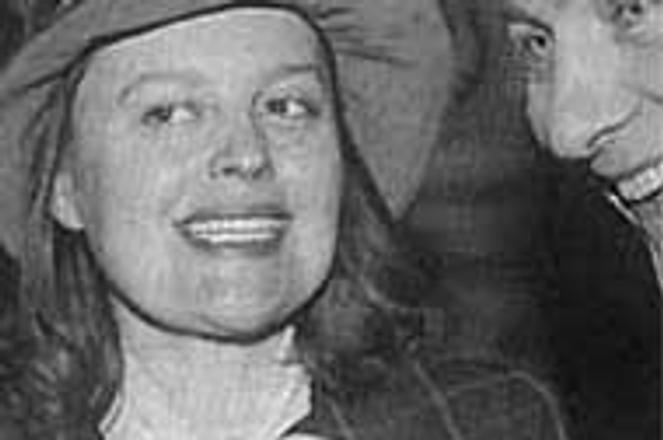Magda Vášáryová neglected her real interest in life - foreign policy -because politics of the times forced her to. Communism was a "man's world," Vášáryová said, and because women are "more sensitive," only a few of them were ready to support it, she added. Women like her did not participate in foreign policy. So she became a movie star. Born in Banská Štiavnica in 1948, Vášáryová began acting in films at the age of 14 with her sister, Emília. By the time she turned 18, she had appeared in approximately 50 films. Acting, however, took a backseat to education, so the young performer enrolled at Comenius University in Bratislava to study sociology.
Again, though, the narrow politics of Communism left her with limited options, forcing Vášáryová to rearrange her ambitions. After graduating from Comenius in 1971, Vášáryová resumed her acting career, a stint that lasted 19 years and included a starring role in the famous movie Sladký čas Kalimagdory (The Sweet Time of Kalimagdora).
Still, the doors had not opened for what Vášáryová really wanted to do. The 1989 Velvet Revolution changed all that. Communism was swept away, and a former playwright by the name of Václav Havel tapped her to be the Czechoslovak ambassador to Austria. Vášáryová attributed the offer to his awareness of her interest in foreign policy, as well as her knowledge of several languages, including Russian, Polish, German, English, French and Serbo-Croatian. Vášáryová accepted the position and abandoned her acting career. "I never considered myself an actress," she said. "I always thought of myself as an amateur."
Vášáryová, who has two children through her marriage to the actor Milan Lasica, said her three years in Vienna were "very difficult but very interesting." Judging from her own experience, she added, being a diplomat is easier for a woman who is not married or whose children have already grown up. When Czechoslovakia split in 1993, Vášáryová returned to her native Slovakia and founded the Foreign Policy Association that May. Though she is one of a select few Slovak women in foreign policy now, she said that she predicts that more women will enter the field because "women are more open, frank and not lazy."
Author: Emily Hage

